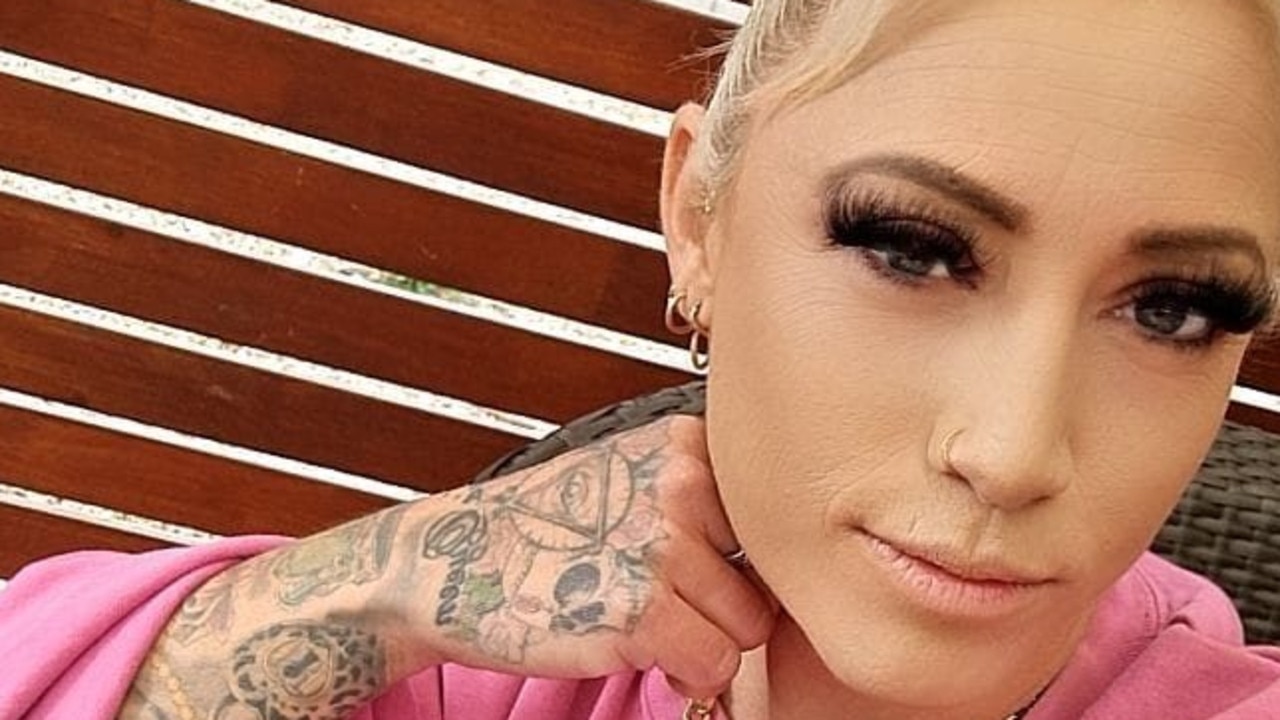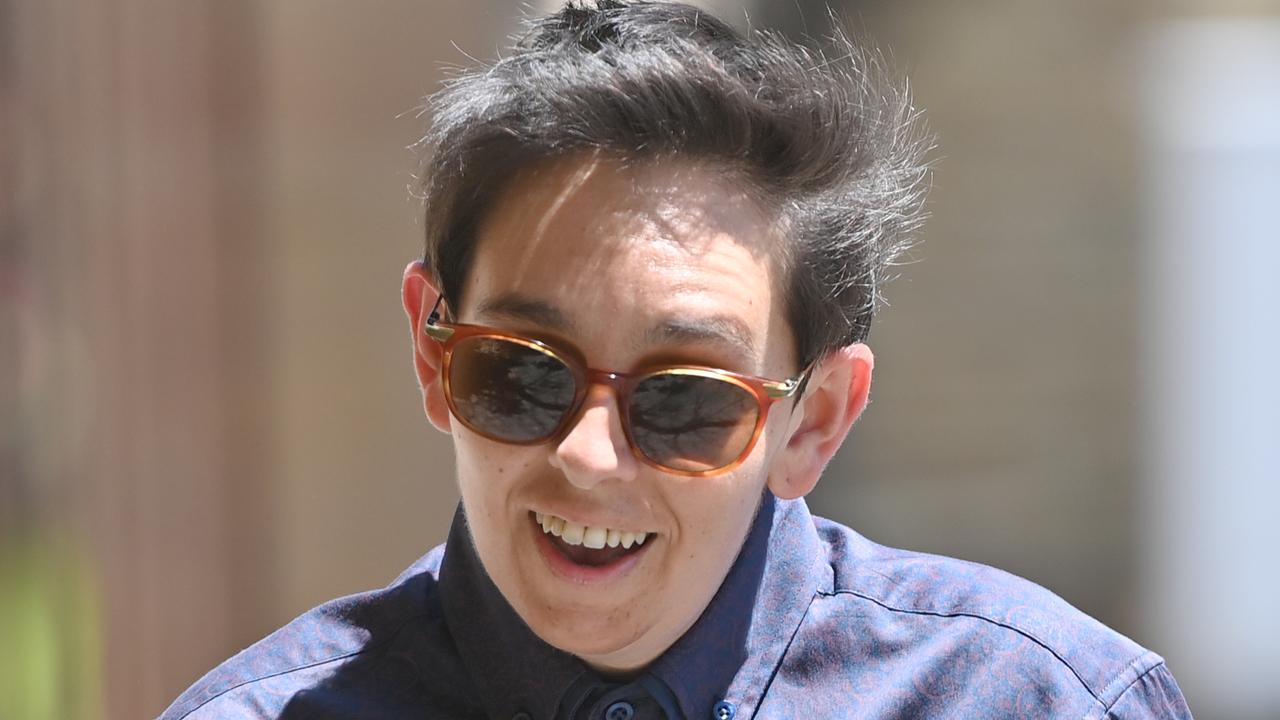Port Lincoln Year 12 student India Ciura on a mission to improve mental health services for younger and regional South Australians
A victim of school bullying, India Ciura has lived through and witnessed enough of the struggle that mental ill-health can bring. Now she’s on a mission.
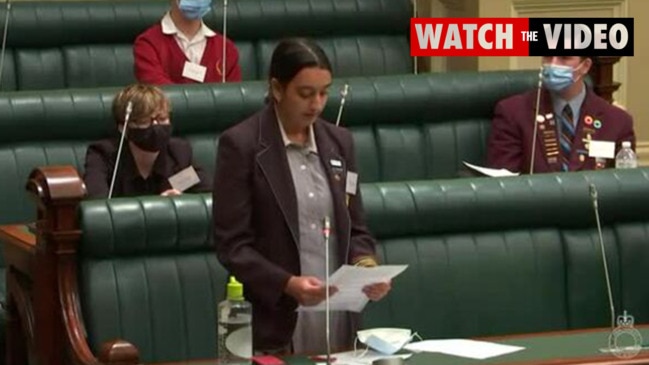
SA News
Don't miss out on the headlines from SA News. Followed categories will be added to My News.
India Ciura is sick of losing young friends to mental illness.
The 18-year-oldstruggled to find the right help when the black cloud of depression descended, but feels she was more “fortunate” than others still suffering alone.
“I have seen friend after friend struggle, pushing through each day and dreading the next,” the Port Lincoln Year 12 student said.
“Each day we lose more and more friends to mental illness.
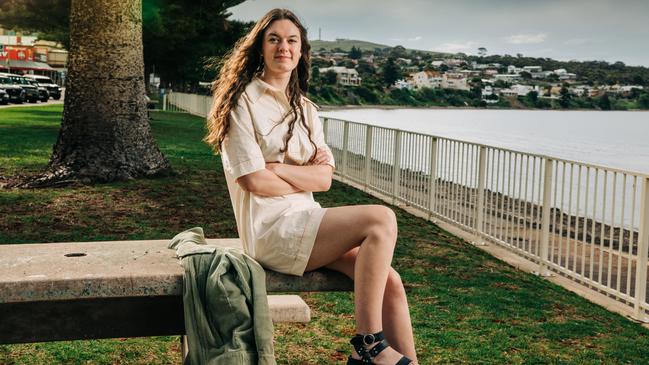
“Seeking out support services is incredibly difficult and often not clear. A Google search produces varied results with vague and unusual titles.
“Do you go to a therapist, psychologist, psychiatrist or your general practitioner? How do you know which is right for your unique situation?”
When India was 16 she was diagnosed with depression after being persistently bullied.
A year later she suffered more turmoil and “began experiencing post-traumatic stress disorder through flashbacks and distress at triggers”.
“My mental health continued to decline through the next year, to the point of suicidal ideation,” she said.
India is sharing her story as part of The Advertiser’s Can We Talk campaign, in a bid to encourage young people struggling with their mental health to speak up and seek help.
“For years I suffered alone, begging for help. Opening up to my family was difficult as I didn’t want to stress or upset them,” she said.
“It was difficult for me to talk about my mental health as it felt shameful. I was embarrassed that I was struggling and couldn’t adequately word my thoughts.”
The thought of talking to a teacher or her parents was “daunting as I didn’t know how they’d feel or react”.
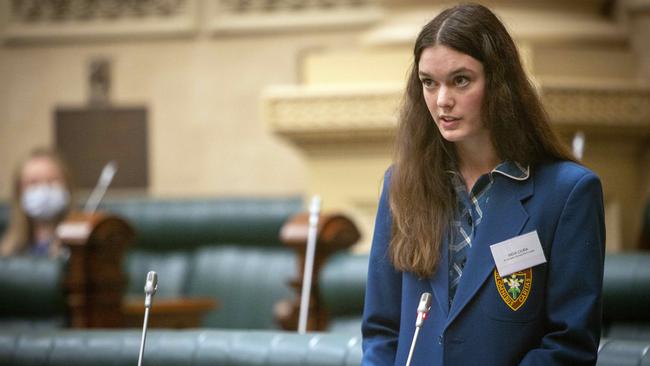
“Despite their best efforts my school was ill-equipped to deal with my situation. For students suffering mental illness school can be a nerve-racking and often exhausting experience.”
Eventually India found “an incredible therapist” but her weekly, hour-long sessions cost $120.
“I was in therapy for two years. I knew this was not cheap and I still feel guilt for the cost on my family,” she said.
“I was fortunate my family was able to afford that help. Many do not have that luxury.”
India’s younger sister is also battling mental illness and it took two years to find a therapist with the right qualifications to help.
“My little sister suffers from anxiety, displaying aggressive symptoms of obsessive compulsive disorder. We would often come home to find her knuckles scrubbed raw, until cracked and bleeding,” India explained.
“My mother researched for hours and reached out to the limited clinics in our area specialising in psychology. She was turned down each time because my sister was not showing signs of suicidal ideation or self-harm.”
Latest figures show youth suicide rates are higher in regional South Australia but there are fewer options for treatment than in metropolitan areas.
Over the 10 years to 2020 the highest death rate was recorded in the Outback and Eyre Peninsula area, which covers India’s home town of Port Lincoln.
India spoke passionately about the need for more mental health support, particularly for younger and regional-based South Australians, as part of The Advertiser’s Teen Parliament earlier this year.
She was one of three inspirational members of the Teen Parliament to be awarded a $10,000 education scholarship, which she intends to use to study psychology.
WHAT INDIA WANTS TO SEE CHANGE
* Funding to lower the cost of mental health services and greater access through Medicare
* Initiatives to get more specialists working in rural areas
* A mandatory course for education and childcare staff, designed by a psychologist, to equip them to support mentally ill young people




